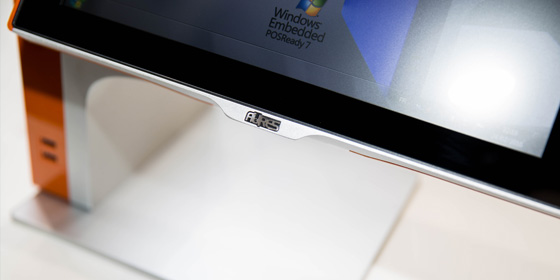by Donna Mather – Account Manager AURES UK
Whether you are a single-site business running one or two POS systems or a large chain with dozens of terminals deployed across multiple premises, one thing remains true about your EPOS system – looking after it means looking after your profits.
Put simply, for retail and hospitality businesses alike, if your EPOS goes down, then so does your ability to process sales. That in turn means your business comes to a standstill.
In the modern world, nearly every aspect of IT is viewed as critical to how a business functions, whether it is your website loading quickly and efficiently or protecting your back-end systems from bugs and glitches.
That is why the concept of IT service continuity has risen to prominence – if something does go wrong, you want to have a plan in place to fix it quickly, minimise downtime and therefore snuff out disruption to operations.
In customer-facing, sales-based businesses, applying such an approach to your EPOS should be seen not just in terms of protecting a valuable asset, but ensuring the business can actually function. Here are some key elements that can help achieve EPOS service continuity.
Real time monitoring
If you want to achieve a rapid response to an issue, you want to be able to identify that there is an issue in the first place as quickly and efficiently as possible. Real time EPOS monitoring does what it says on the tin – it provides live status updates with a breakdown by component across entire EPOS estates, with alert systems in place so issues can be identified as they happen.
Preventative maintenance
Even better than identifying issues as they happen is preventing them in the first place. Preventative maintenance is an approach which uses intelligence-led service cycles to pinpoint potential weaknesses in an EPOS system and resolve them before they cause downtime. Maintenance planning is based on performance data taken from monitoring systems.
Asset tracking
If you operate a large EPOS estate across multiple sites, turning the theory of real time monitoring and preventative maintenance into effective action can depend on knowing exactly what assets are located where at any given time. This also applies to resellers who offer service and maintenance support as part of their aftercare programme. If you are monitoring systems and want to respond to alerts effectively, you also need to know who owns each system, what the warranty status on equipment is and so on.
Rapid replacement
Finally, with the best will in the world, all the monitoring and preventative planning in the world cannot completely guarantee outages will never occur. When a piece of equipment fails and it cannot be repaired there and then, your business cannot afford to wait for days or even longer to get a replacement EPOS up and running. For end users and for reseller, having a relationship with a vendor which guarantees immediate dispatch of replacement or loan equipment can be the difference between staying open for business or letting an EPOS failure shut you down.
For more details about the wide range of value added services AURES offers to customers and channel partners, including service continuity protocols, contact us here.




